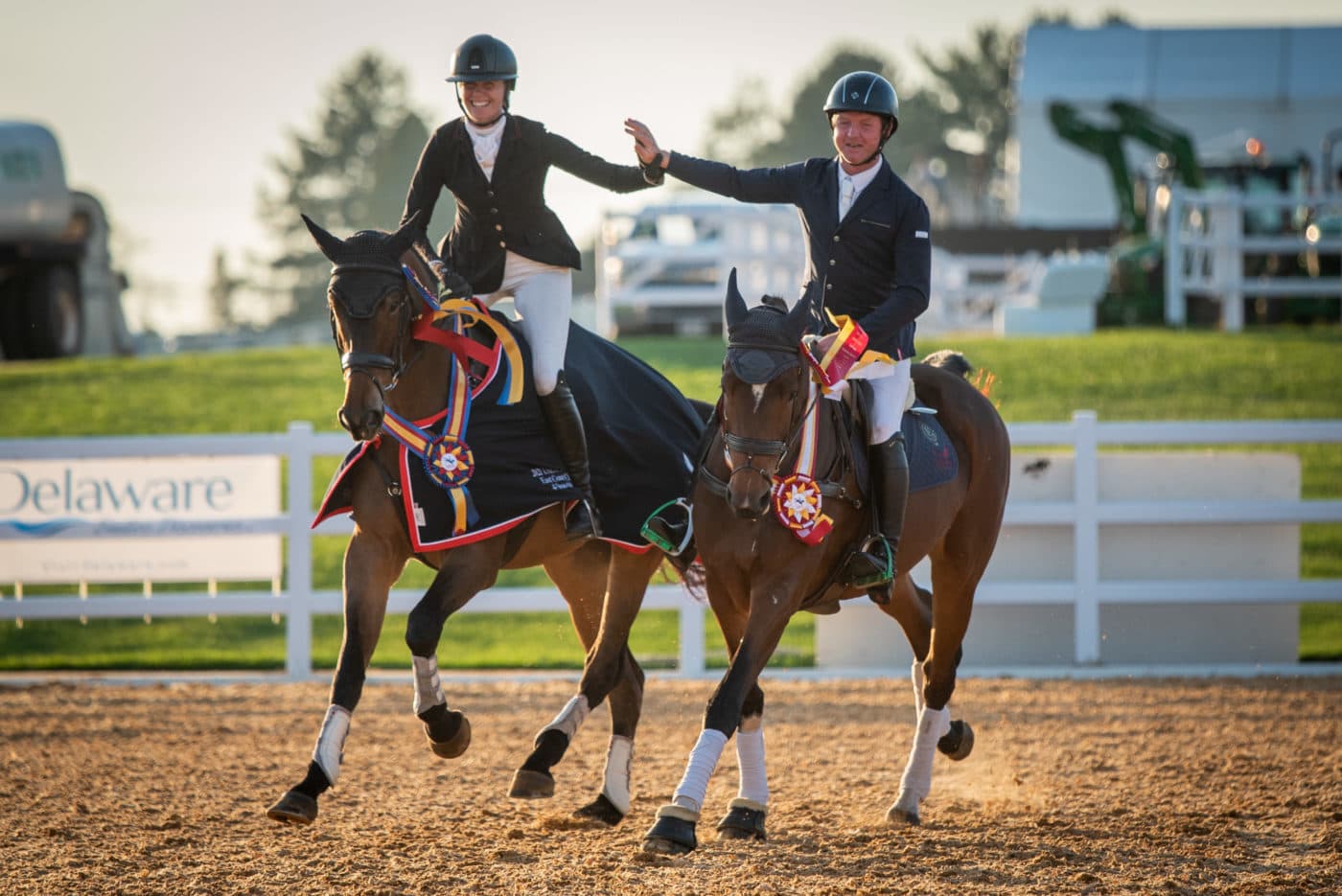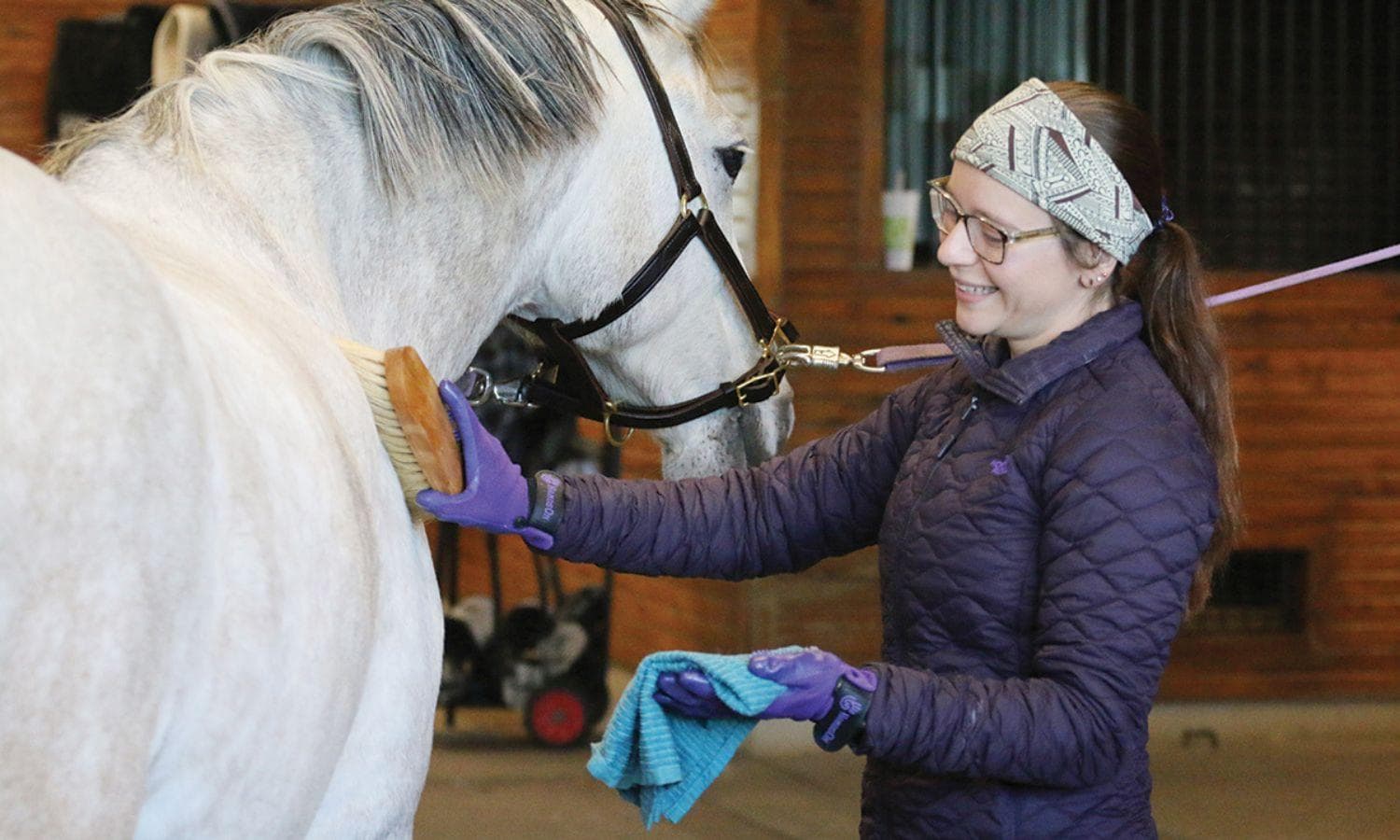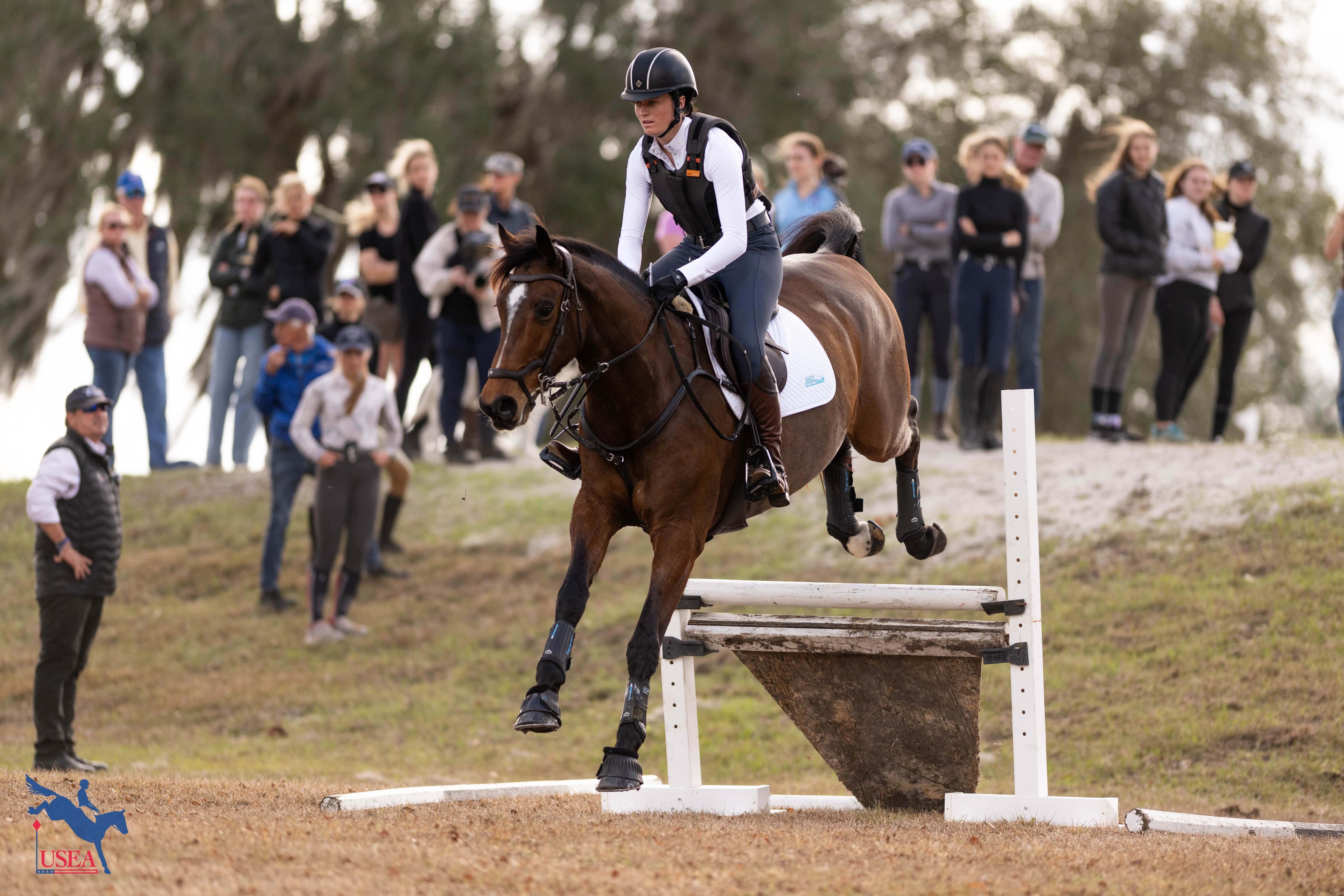Pressure Proof: The Opponent Effect

Worrying about losing to a rider, or being beaten by another, is a common mistake many riders make. Wondering if you’re going to beat someone or be beaten by someone else is just as common. Together this kind of worrying and wondering is called the opponent effect and is one of the most obvious - and overwhelming - causes of show jitters and performance anxiety.
You've heard me say this before and I’ll repeat it again now. You have no control or influence over the performance of anyone else, so worrying or wondering about them is just a waste of effort that’ll ultimately distract you from focusing on the many things that you can control. More specifically, yourself and all the efforts you’re going to make to ensure success.
While the opponent effect creates obvious stress and anxiety prior to (and during) a ride, it can also affect you following it. Comments like, “I should’ve beaten her” or “I wish he didn’t beat me” rob you of the valuable post-ride time needed to examine and learn from your experience. This is the time to lay the foundation for future success, and you simply can’t do that if you’re focusing on past opponents.
So, if you accept my advice and decide to no-longer view your opponents as threats, just how should you view them? Well, in a single word, as motivators. Other equestrians who work as hard as you and who have dreams and goals like you. Fellow riders who inspires you to reach deep, focus clear, and put forth your best effort; not so you’ll never lose, but so you’ll feel like you’ve given 100% of yourself in 100% of your rides . . . something you’re incapable of doing if you’re focusing even a small percentage on your opponents.
Here's a unique example of how two world-class athletes recently proved success doesn’t come from worrying about each other, but from using one another as motivators. Katie Ledecky entered the Tokyo Olympics as the favorite to win the 400-meter freestyle but a young Australian high-school girl named Ariarne Titmus shocked the world by beating her.
Immediately following the race Titmus was quoted as saying “I wouldn’t be here without her (Ledecky). She set this amazing standard and if I didn’t have someone like her to chase, I wouldn’t be swimming the way I am. I’m really grateful to have her."
In response, Ledecky gave her a hug, congratulated her, and said, “It’s been an honor to race Ariarne. I’m so grateful to have her to race. It was so cool that we were able to do this, to push each other. She motivates me and I think I motivate her.”
Perhaps stories like this, and endless other stories shared by elite athletes who’ve been trained to avoid the opponent effect can help convince you that the role of an opponent is not to hurt you but to help you. To help you feel powerful instead of powerless and to overcome things that might have previously overwhelmed you.
So, the next time your mind wanders to worrying and wondering about your opponents, always remember these four words:
RUN YOUR OWN RACE.
I hope you enjoyed this month's Pressure Proof tip and that I’ll get the chance to teach you in one of my upcoming mounted clinics. The focus of my clinics are always to help you match your strong leg, seat, and position with equally strong confidence, courage, and concentration. If you’d like more information visit www.PressureProofAcademy.com or email me at [email protected].














